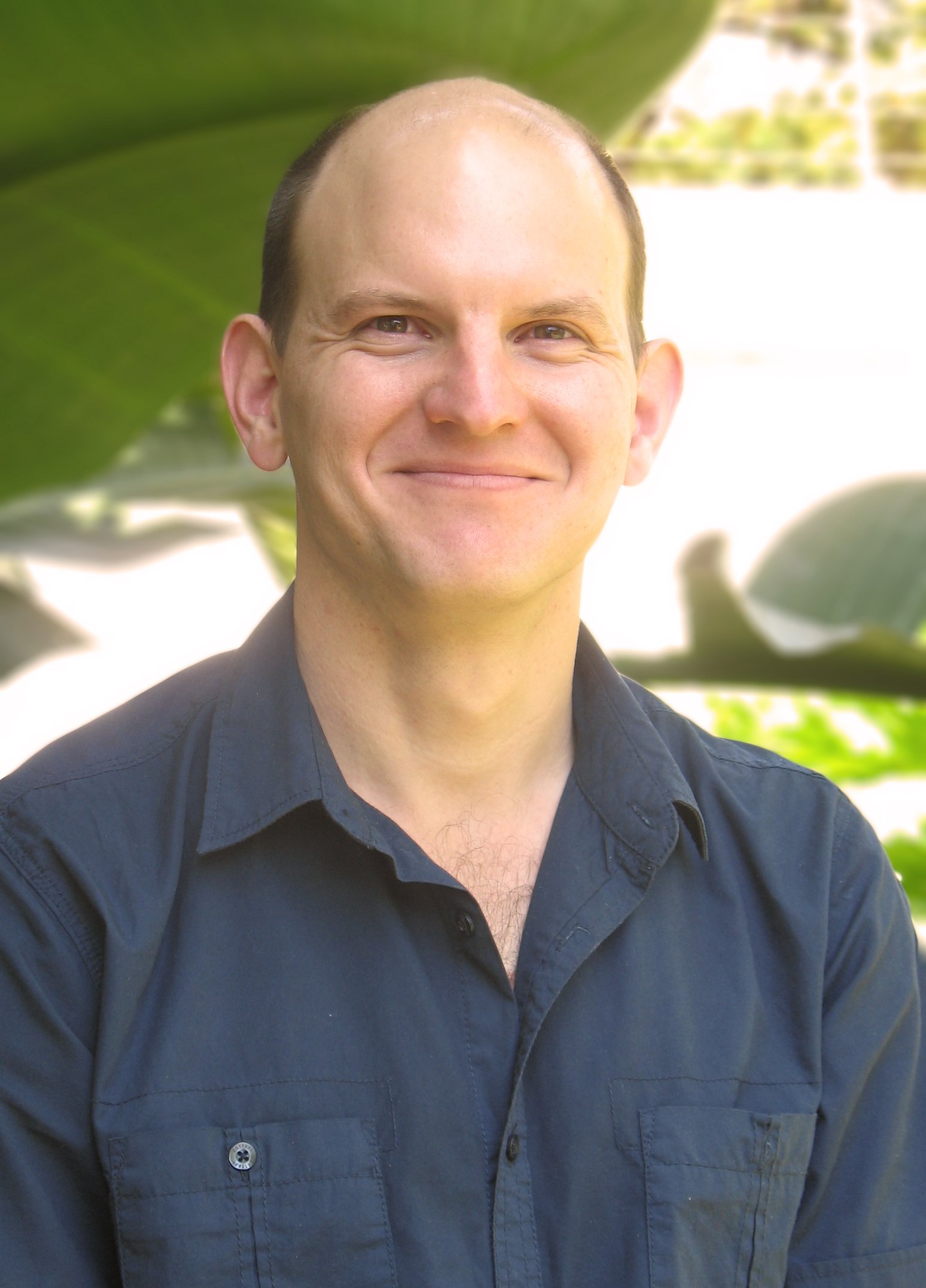 |
Professor Office: Plant Sciences Complex 4-48 |
My broad research interest is community ecology, with particular attention to interspecific interactions, the impacts of global environmental change, and how the former mediates the impacts of the latter. My research goal is to improve our understanding of what determines species fine- and coarse-scale distributions and the composition of communities, with the aim of apply this knowledge to understanding the ecological impacts of changes in environmental conditions.
For a list of my publications, please visit my ResearchID page or my Google Scholar profile.
--------------------------------------------------------------------------
For prospective students and post-doctoral researchers:
Examining the impacts of climate change in the Drakensberg
Available: PhD, MSc and Honours projects and post-doctoral fellowships
I am looking to recruit energetic students and post-docs to investigate the ecological impacts of changing environmental conditions on the composition and functioning of the flora of the Drakensberg. This project is studying fine- and broad-scale variation in vascular plant species composition, functional traits and grazing value, examining both intra- and inter-specific variation, in relation to a range of microclimatic, topographic and soil variables. Results from this research will improve our understanding of how alpine grasslands will respond to changing temperature and rainfall regimes.
This project is being lead by Prof Peter le Roux (Department of Plant and Soil Sciences, University of Pretoria), and involves researchers from several specializations at the University of Pretoria, the Afromontane Research Unit (University of Free State), the National University of Lesotho, Helsinki University (Finland) and the University of Oulo (Finland). Students working on this project will have ample opportunities for cross-disciplinary collaboration and co-supervision.

Advancing our understanding of the ecological impacts of climate change using spatial variation in plant functional traits, community composition and ecosystem processes across multiple scales
Climate change is a serious economic, social and ecological threat, with its negative impacts forecast to intensify. Accurate predictions of the impacts of shifting temperature, rainfall and wind patterns are essential for managing and mitigating these impacts, especially with regards to ecological communities and ecosystem processes. In this project we will refine and advance our understanding of climate change impacts by explicitly examining the influence of biotic interactions, environmental heterogeneity, and intra-specific functional trait variation on plant species, community and ecosystem characteristics. While previous work has demonstrated the importance of these facets for ecological models, an empirical study examining all three components simultaneously and a conceptual framework integrating these concepts is lacking.
This project will complement a well-established fine-scale vegetation survey methodology that maximizes the breadth of local gradients sampled, with a plant functional trait-approach, direct measures of ecosystem functioning and state-of-the-art methods for determining soil characteristics and forage quality. This sampling will be repeated across an elevational gradient to maximise the range of conditions examined, using the alpine grasslands of South Africa as a study system. This system harbours high plant diversity and is essential for ecosystem service provisioning in the region.
Identifying the biotic and abiotic drivers of intra- and inter-specific vegetation patterns and ecosystem functioning across multiple spatial scales will provide key insights into how communities will respond to climate change, enabling more refined predictions of future vegetation patterns and more realistic biodiversity conservation and rangeland management plans.

Be part of this exciting multidisciplinary project, working to improve the management and conservation of these biodiversity-rich grasslands!
Will you be a good fit to this project? We are looking for students who:
Additionally, the following would be advantageous to those wanting to join the project:
While this project does not have bursaries to allocate, candidates who are interested to join the project in 2023 are encouraged to apply for funding via the NRF scholarship call which is now open (https://www.nrf.ac.za/dsi-nrf-postgraduate-student-funding-for-the-2023-academic-year/). There are several funding options currently open, so don’t delay!

Team:
University of Pretoria: Prof. Peter le Roux (project lead), Prof. Michelle Greve, Prof. Wayne Truter, Dr. Leushantha Mudaly
Afromontane Research Unit (University of the Free State): Dr. Ralph Clark
National University of Lesotho: Dr Peter Chatanga
Helsinki University: Prof. Miska Luoto, Dr Pekka Niittynen
University of Oulu: Dr Julia Kemppinen
For more information, please contact Prof Peter le Roux ([email protected]).

Study site:
Three study sites, differing primarily in altitude (and, therefore, covering a broad air temperature gradient) will be used for this study. The first two sites have already been established in Golden Gate Highlands National Park (at an altitude of c. 2000 m a.s.l.). and near the Sentinel (c. 2500 m a.s.l.). A third site will be established at c. 3000 m a.s.l. during the 2022/23 summer (preliminarily in Bokong National Park, Lesotho). These sites are separated by < 30 km, but span an altitude gradient of more than 1000 m. All three sites are located within protected areas, are representative of the natural grasslands of the region, and experience grazing by naturally-occurring herbivores and regular dry-season fires.

Copyright © University of Pretoria 2025. All rights reserved.
Get Social With Us
Download the UP Mobile App